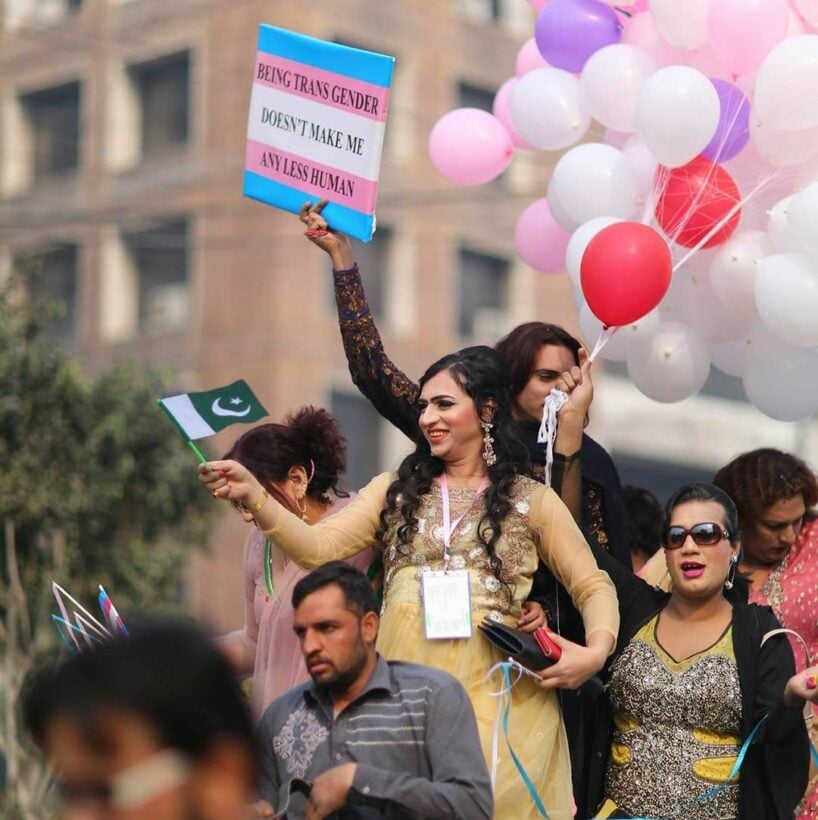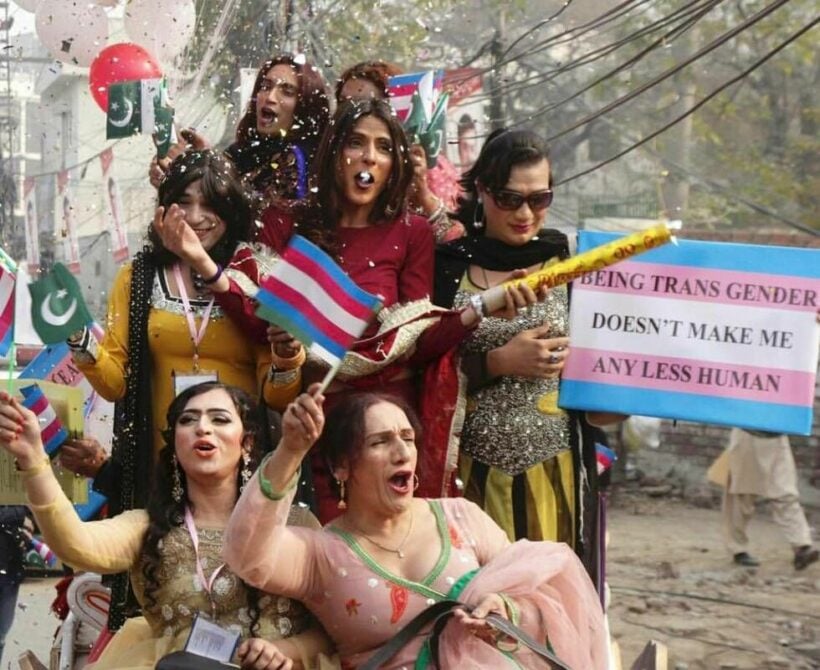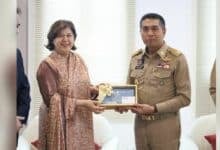Pakistan’s transgenders dragged back into Dark Ages

Early last month, Pakistani Senator Mushtaq Ahmad Khan proposed the Senate Standing Committee on Human Rights amends the Transgender Protection Act of 2018, leading to a firestorm of online abuse on both sides of the argument.
Despite its desire to be known as a conservative society with strong Islamic inclinations, Pakistan is one of only a few countries with legislation protecting transgender rights, according to today’s Bangkok Post.

The Transgender Persons (Protection of Rights) Act 2018 asserts fundamental rights for transgender people including rights to access public spaces, education, employment, healthcare, identity, and political participation. Most importantly, it recognises their right to live with dignity, free from harassment and discrimination.
It’s taken four years for courts and social media to start discussing the act, with the completely predictable outcome that religious scholars want to see the act revised or repealed.
Constitutional bodies in Pakistan, notably the Council of Islamic Ideology and the Federal Shariat Court, both question whether the legislation aligns with Sharia law.
Religious groups argue that the act will promote same-sex marriage and homosexuality, without making any clear case as to why these tendencies – wholly acceptable in most western nations – are undesirable. These groups, operating with a faulty definition of the term “transgender” are concerned with whether legislation is compatible with “Islamic values.” A ruling by the Federal Shariat Court is expected in the coming weeks.
The petitioners have two important provisions in the law regarding their gunsights. They want to know who can call themselves transgender, and whether individuals have the right to be recognised according to their chosen sexual orientation.
This law was seen as a major milestone in acknowledging gender identities that are at odds with biological sex, but has simply become more fuel for archaic ideas still prevalent in Pakistan, that homosexuality is a “sin.” They seek to appoint a medical board to make decisions on gender on behalf of individuals, and to force people to abide by their arbitrary and intrusive rulings.
A look at the act itself reveals that the critics’ arguments have some basis. The sloppily worded legislation uses the term “transgender” as a catch-all term to cover those who have a combination of male and female genital features or ambiguities.
The act seems more concerned with the rights of Pakistan’s eunuchs who were born male at birth but have since been castrated, often in pursuit of financial opportunities, than with transgender men or women.
The critics want the legislation to cover only intersex people with clear physical, and genital ambiguities, not eunuchs or transgenders. They believe eunuchs are males, and transgenders either men or women should remain on the side were assigned at birth.
Critics tout the standard arguments that allowing people to change their sex could pave the way for “complications” in society, such as an explosion in homosexuality and same-sex marriages. No reason is ever given why these behaviours should be outlawed, though the concern may be more to do with Pakistan’s antediluvian, and intensely sexist, hereditary laws.
Currently, Pakistan categorically prohibits same-sex marriages. In the past four years, there has not been a single attempt by anyone in the country to initiate a same-sex marriage.

Latest Thailand News
Follow The Thaiger on Google News:


























